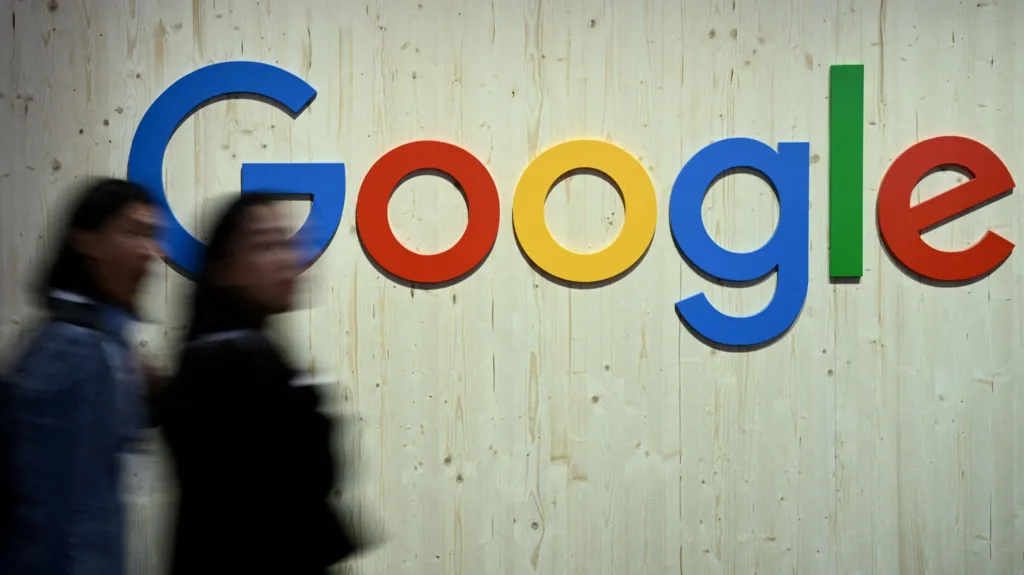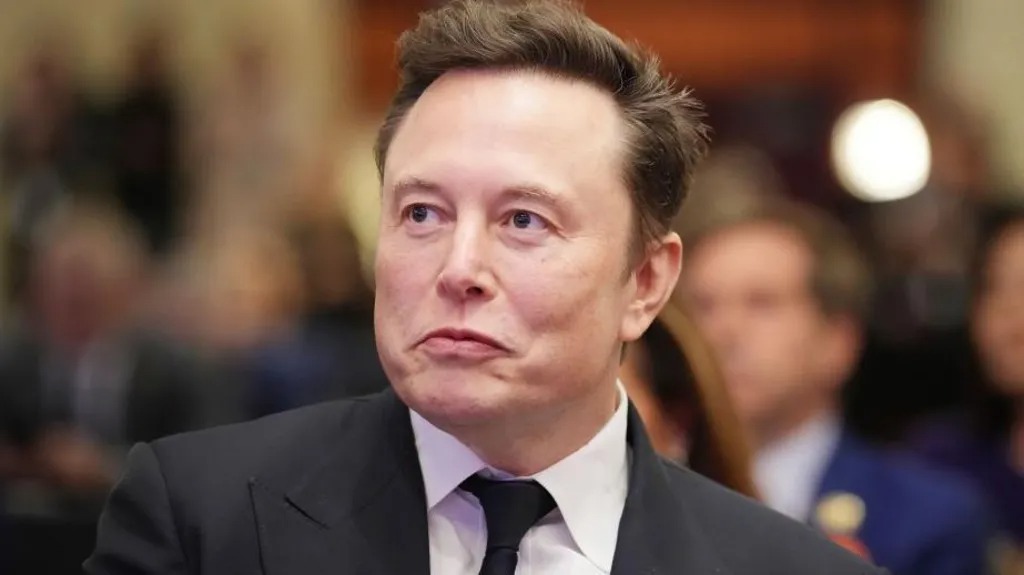
Subheadings: Nuclear Power for AI, Google’s Energy Strategy, Small Nuclear Reactors for Data Centres
Google has signed a deal to use small nuclear reactors to generate the vast amounts of energy needed for its artificial intelligence (AI) data centres. The agreement with Kairos Power aims to start using the first reactor this decade, with plans to bring more online by 2035.
While the companies have not disclosed the financial details or plant locations, the move marks a significant shift as technology firms look to nuclear sources of energy to power their ever-expanding data centres. These centres are critical to the operation of AI, which requires substantial electricity to run and keep hardware cool.
Nuclear Power for AI: A Growing Trend
“The grid needs new electricity sources to support AI technologies,” said Michael Terrell, senior director for energy and climate at Google. The agreement with Kairos Power aims to accelerate the commercialisation of advanced nuclear energy to meet these energy demands cleanly and reliably, thus unlocking the full potential of AI.
The US Nuclear Regulatory Commission and local agencies will need to approve the project before it proceeds. Last year, Kairos Power, based in California, received the first permit in 50 years to build a new type of nuclear reactor. The company began construction of a demonstration reactor in Tennessee in July, focusing on smaller reactors that use molten fluoride salt as a coolant instead of traditional water-based systems.
Google’s Energy Strategy for AI Data Centres
Nuclear power offers a virtually carbon-free energy source that can provide electricity around the clock, making it increasingly attractive to the tech industry as it works to reduce emissions while meeting higher energy needs. Data centres’ energy consumption is expected to more than double by the end of the decade, according to Goldman Sachs.
AI data centres require large amounts of electricity for both processing power and cooling. “These data centres are equipped with specialised hardware that require lots of power and generate significant heat,” said John Moore, Industry Editor for TechTarget.
At a United Nations Climate Change Conference last year, the US joined other nations in committing to tripling nuclear energy capacity by 2050, part of the strategy to transition away from fossil fuels. However, nuclear power is not without its critics, who point out the risks and the long-lasting radioactive waste it produces.
The Tech Industry Embraces Nuclear Energy
Google’s partnership with Kairos Power is part of a broader trend of tech giants embracing nuclear power. Last month, Microsoft announced a deal to restart operations at the Three Mile Island energy plant, the site of the US’s worst nuclear accident in 1979. In March, Amazon said it would buy a nuclear-powered data centre in Pennsylvania.
“Google’s partnership with Kairos Power signals another major step in tech’s embrace of nuclear energy,” said Somnath Kansabanik from Rystad Energy. The tech industry is increasingly turning to nuclear as a reliable source of clean energy that can meet the growing demands of AI-driven operations.
Note: For more information, please visit BBC News. For related content, check Kenkou Land.



